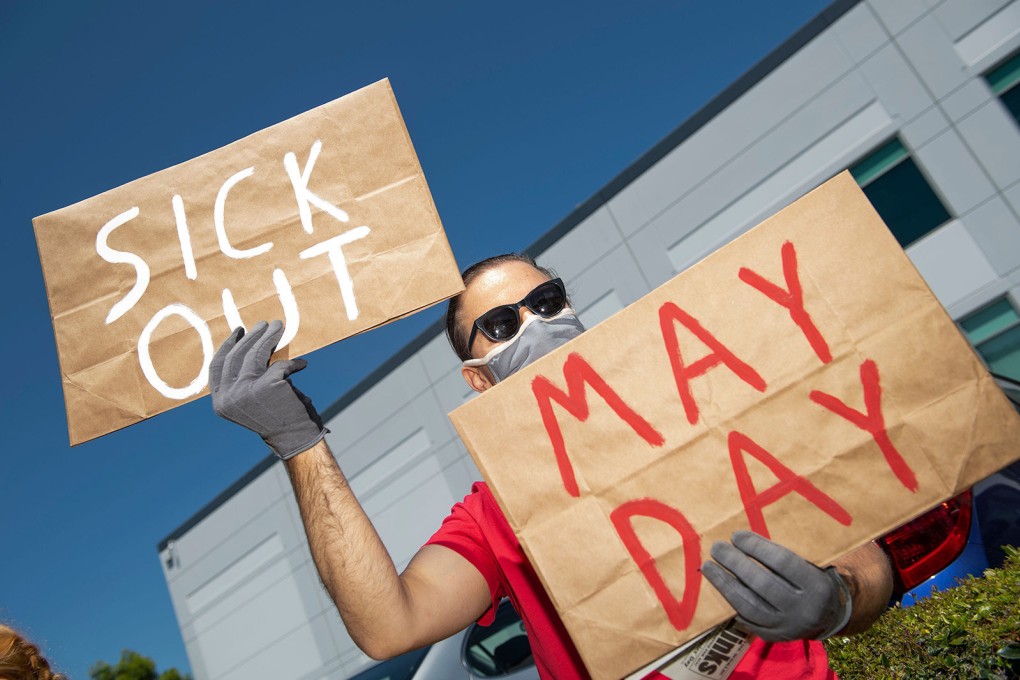Opinion | Labour rights more important than ever as digital economy and new tech leave workers exposed
- Tech giants are among major employers under scrutiny as workers remain at risk of exploitation in unfair and dangerous conditions. As work traditions change rapidly, labour laws and enforcement must evolve

After America’s civil war, the need for labour unions to protect workers’ rights grew rapidly and thousands unionised in the 1880s, most notably with the Knights of Labour.
The riot in Chicago’s Haymarket Square on May 4, 1886, came a day after a clash between union workers and police in which one person was killed and several were injured during national protests that began on May 1 to demand a shift from 60-hour working weeks to eight-hour working days.
What started out as a peaceful meeting at Haymarket Square turned violent when a bomb was thrown and police responded with gunfire. More than a dozen people died, with up to 100 injured.
The riot had a powerful effect on the labour movement, and resulted in today’s labour unionism in America. International Workers’ Day, or May Day, was first celebrated on May 1, 1890, after the date was chosen the previous year by the Marxist International Socialist Congress.
Protecting workers’ rights is still important today, with many rights – including to collective bargaining – ignored by employers. The International Labour Organization (ILO) maintains that decent work and economic development should be undertaken to improve lives and not for its own sake.
The right to decent work is also among the UN’s Sustainable Development Goals. Globally, forced labour, slavery and child labour remain a scourge, despite over 170 ILO member countries having ratified conventions against forced labour and wage discrimination.
